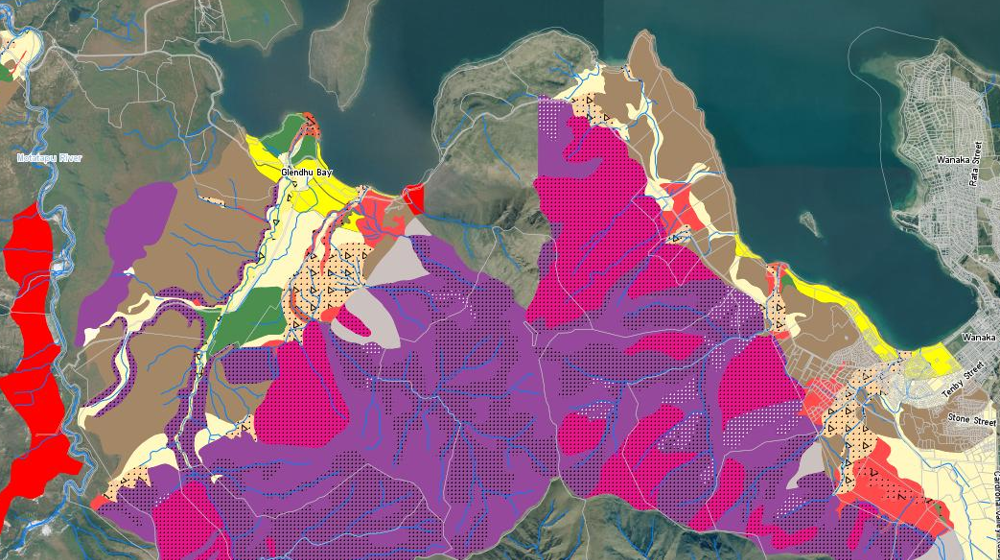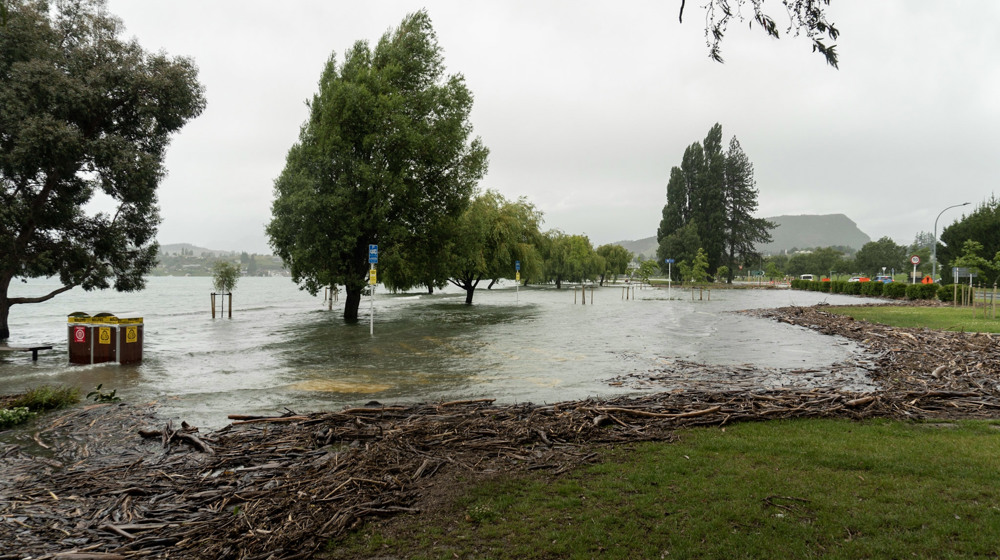Lawyers Head, Ōtepoti/Dunedin

Otago's weather spans the spectrum from hot dry summers to long, cold winters. These extremes can present challenges to those of us who live here.
Knowing what the risks are can help us be prepared for them. Visit the Otago Civil Defence and Emergency Management website for tips on how you can get ready for extreme weather events.

An alluvial fan is an accumulation of river or stream (alluvial) sediments that form where streams emerge from hill country onto a valley floor. Alluvial fans can be formed by several geomorphic processes, which become hazards when they intersect people, property or infrastructure.

Coastal erosion is the wearing away of land and beach sediments by waves, tidal currents, drainage or high winds.

Drought is not just about low rainfall; it’s when the expected rain doesn’t come. In Otago, different weather conditions force communities to adapt. Drought causes problems like stress for people, changes in nature (like losing plants), and financial losses for farmers.

Earthquakes occurring both within Otago and beyond its boundary can affect people and property within the region.

We identify areas at risk of flooding from rivers and lakes around Otago.

The term landslide describes a wide range of ground movements, such as rockfalls, deep failure of slopes, shallow debris-slides, and flows. We hold information on known landslides in the region.

Snowstorms in Otago pose serious risks, especially in coastal areas unaccustomed to heavy snow. Collapsing roofs, power outages, and transportation disruptions are common. Preparation is key to safety.

A storm surge is a higher than normal sea level, due to changes in barometric pressures and wind, which can result in inundation of roads and coastal property over an extended period.

A tsunami is a series of waves caused when a large mass of earth on the bottom of the ocean suddenly drops or rises, rapidly displacing the water above it.

Severe winds pose significant risks for residents in Otago. They can cause damage to property and infrastructure, while incidents have led to airport closures, downed power lines, and fires sparked by electrical discharges. Strong winds can arise due to various atmospheric conditions.

Our hazards database is intended to improve public access to hazard information and to help the public, local authorities, and others make informed decisions about their exposure to natural hazards.

Emergency Management Otago (Civil Defence Otago) helps keep people better prepared for emergencies and well-informed during emergencies.

Earth experiences natural changes in its climate, the rate of these changes. The impacts we observe today are the result of historical emissions, and the increase in emissions in recent decades will lead to significant change in the coming years.

People in Otago have said they want communities that are resilient in the face of climate change. Working together and being proactive are key to effective response.

ORC’s Climate Resilience Programme will help build flood resilience for communities across Otago region.